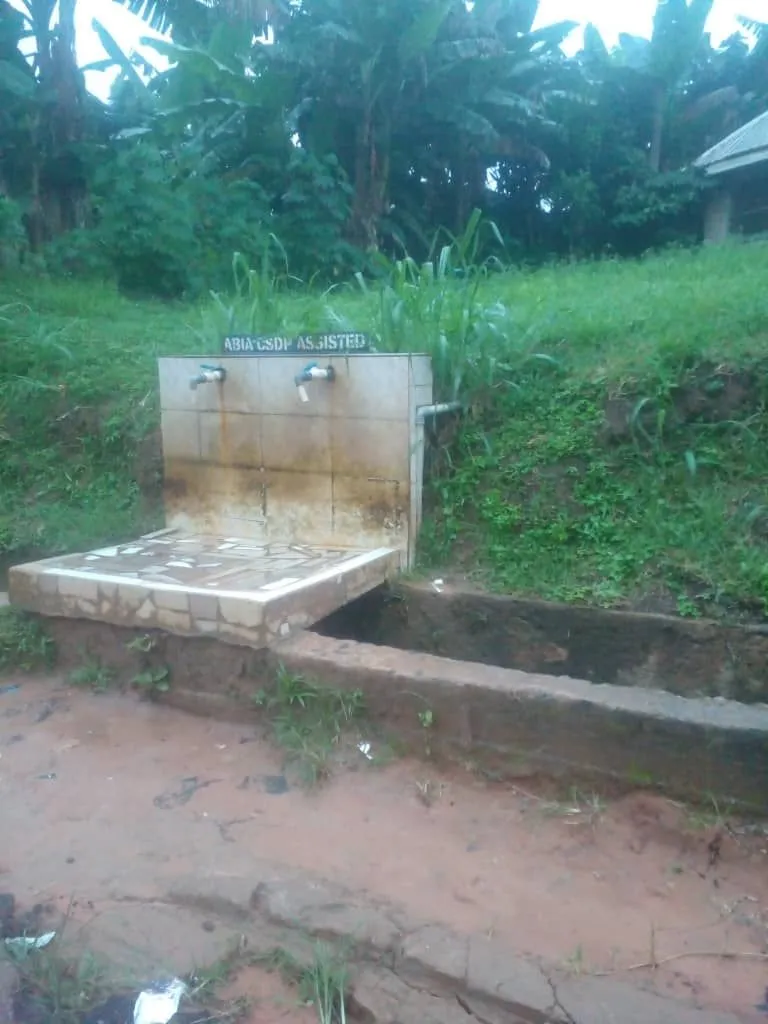
Access to clean drinking water is not just a necessity; it's a fundamental human right that shapes the very fabric of rural communities. Understanding the importance of clean drinking water access goes beyond the basic need for hydration; it encompasses health, education, and economic opportunities. Unfortunately, many rural communities face significant challenges in obtaining safe water, trapping them in a cycle of poverty and ill health. This blog post delves into the critical role that clean drinking water plays in enhancing the quality of life, emphasizing how its absence can stymie development and perpetuate inequality.
Clean drinking water access is pivotal for the well-being and resilience of rural populations. When communities can reliably obtain safe water, they experience lower rates of disease, improved educational outcomes, and better economic stability. In this post, we will explore the profound impact that access to clean water has on rural health and well-being, highlighting real-life examples and data to underscore its significance. Furthermore, we will outline effective strategies for enhancing clean drinking water access in underserved areas, empowering communities to build a healthier and more prosperous future.
Understanding the importance of clean drinking water access: A fundamental human right
Access to clean drinking water is not just a necessity; it is a fundamental human right recognized by international law. Every person deserves the right to safe, potable water, yet millions still rely on contaminated sources. Understanding the importance of clean drinking water access highlights its critical role in ensuring health, social equity, and economic stability. Without reliable access to clean water, communities face increased disease prevalence, stunted development, and limited opportunities for growth. Governments, NGOs, and local organizations worldwide must prioritize initiatives that improve water infrastructure and hygiene education to fulfill this basic need.
Rural communities, in particular, often face significant challenges regarding clean water access. In remote areas, inadequate infrastructure frequently hinders the delivery of safe drinking water, leaving residents to rely on unsafe sources. This situation perpetuates a cycle of poverty and health issues, as families spend significant time and resources fetching water while battling waterborne illnesses. By understanding the importance of clean drinking water access, we can take actionable steps to address the disparities that keep rural communities from thriving. Recognizing this right is the first step in advocating for sustainable solutions that ensure everyone can enjoy safe and clean drinking water.
The impact of clean drinking water access on rural community health and well-being
Access to clean drinking water significantly influences the health and well-being of rural communities. When people consume contaminated water, they face increased risks of waterborne diseases such as cholera, dysentery, and typhoid fever. These illnesses can lead to severe health complications or even death, particularly among vulnerable populations like children and the elderly. Moreover, the continuous burden of illness within these communities strains local healthcare systems, making it challenging to provide adequate care for all residents. By ensuring access to clean water, we can reduce the prevalence of these diseases and improve overall health outcomes, allowing community members to lead healthier, more productive lives.
Beyond physical health, the availability of clean drinking water also supports mental well-being and socioeconomic stability in rural areas. When individuals do not have to spend hours collecting water from distant or polluted sources, they gain valuable time that can be redirected towards education, employment, and community engagement. Enhanced clean water access leads to better school attendance, improved academic performance, and greater workforce participation. As the community’s health and productivity rise, so does their resilience against economic challenges and environmental risks. Thus, the intersection of clean drinking water access, health, and prosperity plays a vital role in transforming rural communities for the better.
Strategies for improving clean drinking water access in underserved areas
To improve access to clean drinking water in underserved rural communities, local governments and organizations can invest in sustainable water infrastructure. This involves developing wells, rainwater harvesting systems, and filtration units that are tailored to the specific needs of the community. By involving community members in the design and implementation of these systems, stakeholders can ensure that the solutions align with local practices and resource availability. Furthermore, training local technicians to maintain and manage these systems fosters a sense of ownership and ensures long-term sustainability.
Education plays a crucial role in enhancing access to clean drinking water. Communities must understand the significance of water quality, hygiene practices, and the dangers of contaminated water. Implementing educational programs can empower residents to take proactive steps in maintaining their water sources and advocating for their right to clean water. Collaborations with NGOs and governmental bodies to provide workshops and materials focusing on water purification methods, sanitation practices, and the importance of regular maintenance can significantly improve the overall health outcomes in these areas. In this way, targeted strategies that prioritize both infrastructure and education can create lasting impacts on water access.